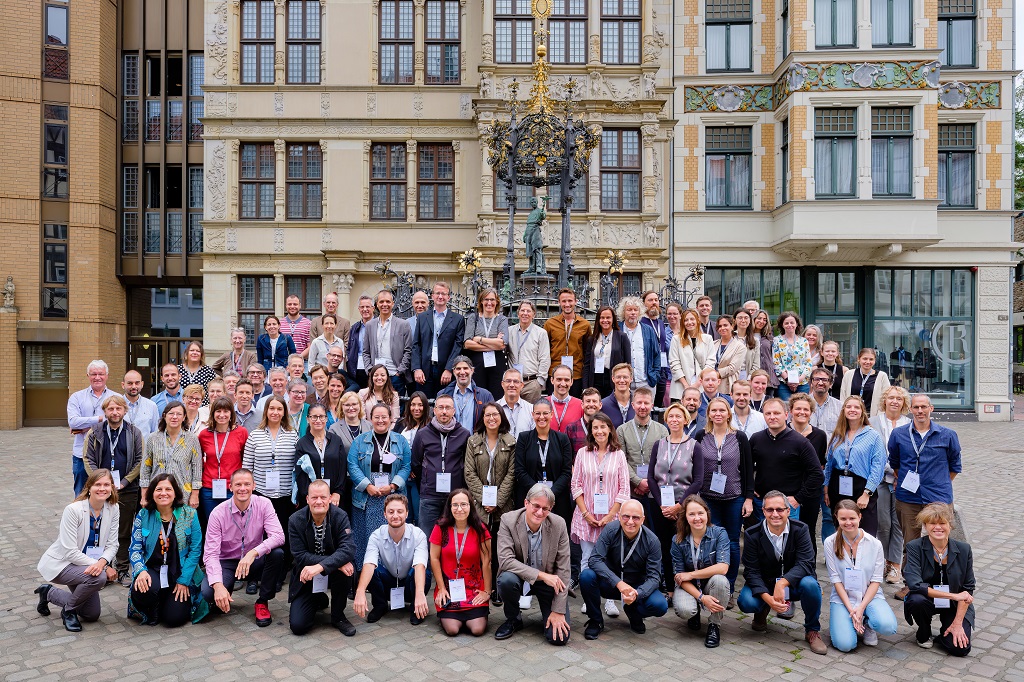Leading experts on ES science, ecosystem accounting, business- and policy-related decision making and on science-policy-business interfaces from related actions (OpenNESS, ESMERALDA, MAIA, MAES, ESP, IPBES, BD Partnership) met in Hannover from September 14-17, 2022, to mark the official launch of the EU Horizon Project SELINA and begin working towards their ambitious goals of implementing ES-related scientific outcomes in evidence-based decision-making.
Coordinated by Leibniz University Hannover and Prof. Dr. Benjamin Burkhard, SELINA (Science for Evidence-based and sustainabLe decisIons about NAtural capital) is an EU-funded project that aims to reshape decision-making processes within the public and private sectors by improving the uptake of Biodiversity, Ecosystem Conditions, and Ecosystem Services information.
Building on the research and existing knowledge base that has resulted from policy initiatives, such as the EU BD Strategies 2020 and 2030, IPBES, IPCC and CBD, the Project will produce an evidence-based Compendium of Guidance for decision-makers of all levels.
“With the SELINA project, we now have the appropriate framework to combine findings from science on ecosystems and their services and then make them specifically usable to support sustainable decisions in the public and private sectors,” explains Prof. Dr. Benjamin Burkhard.
With experts from 50 Partner organisations from all 27 EU Member States (including EU overseas regions), Norway, Switzerland, Israel and the United Kingdom, SELINA offers an unprecedented opportunity for transdisciplinary knowledge-sharing and practical, fit-for-purpose recommendations with real-world applications in policy making and business decisions.
The Project has been awarded 13 million Euros in EU funding and will run for 5 years.
More information can be found here: https://project-selina.eu/

